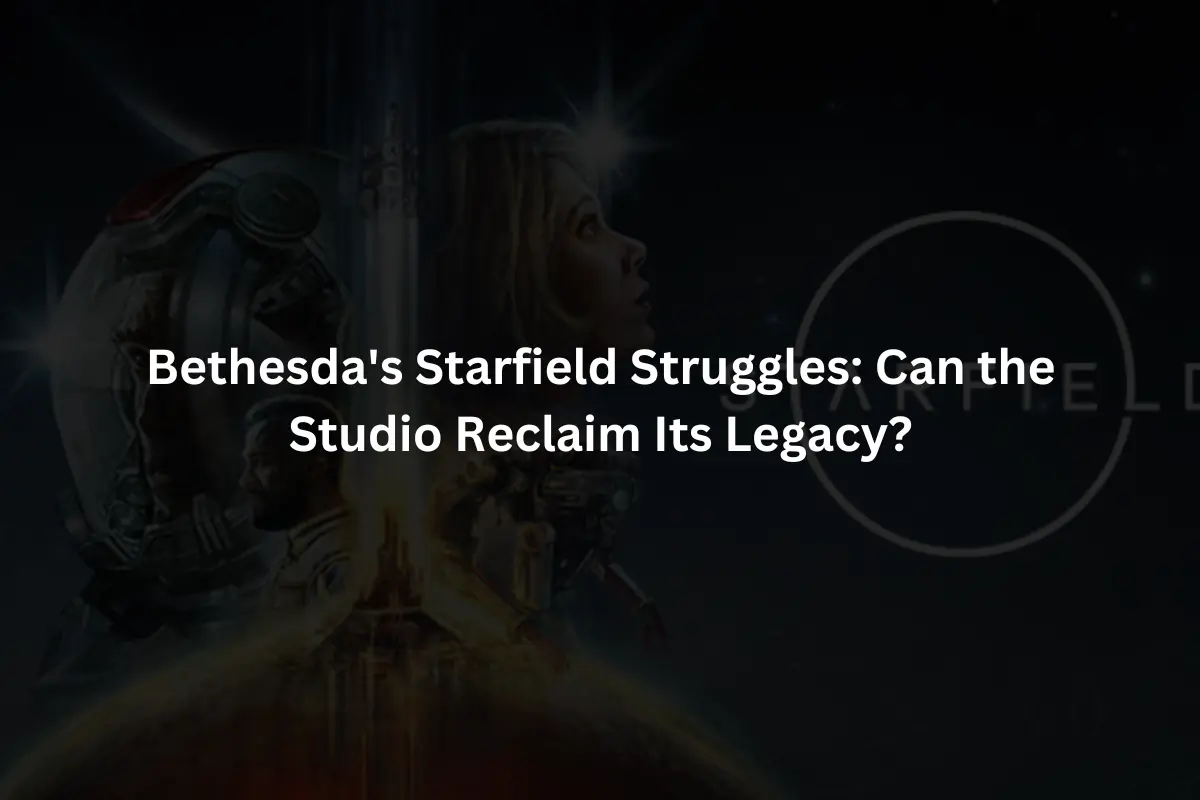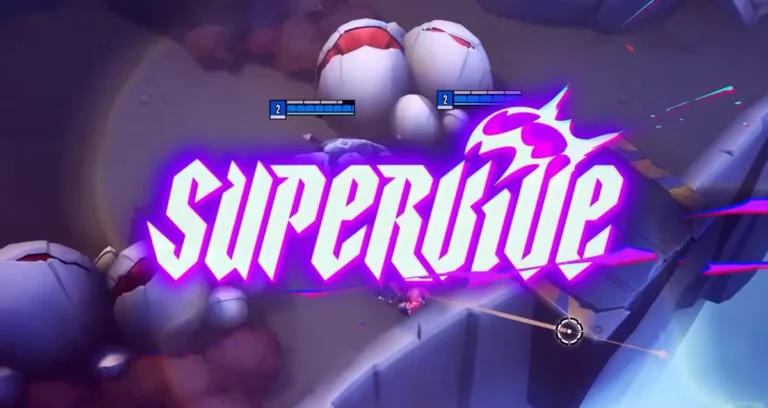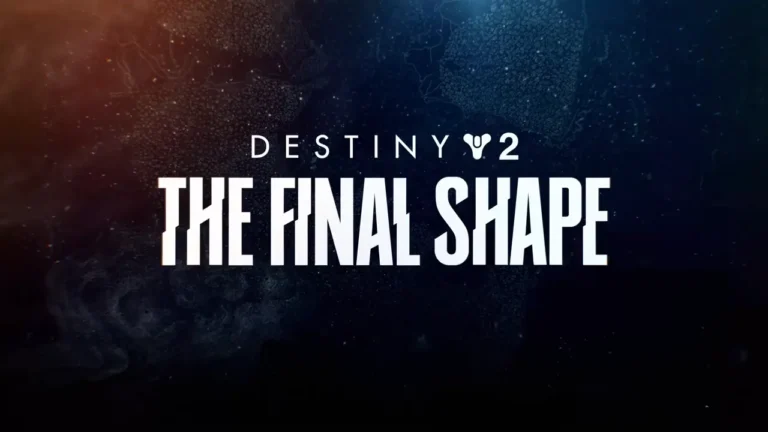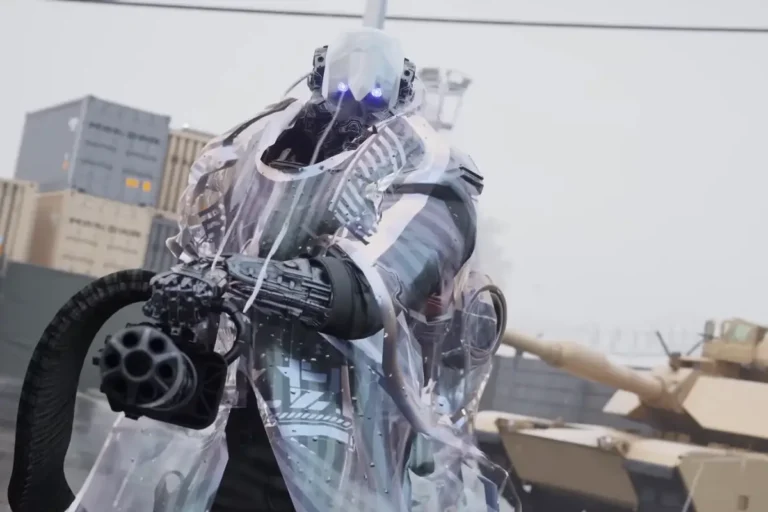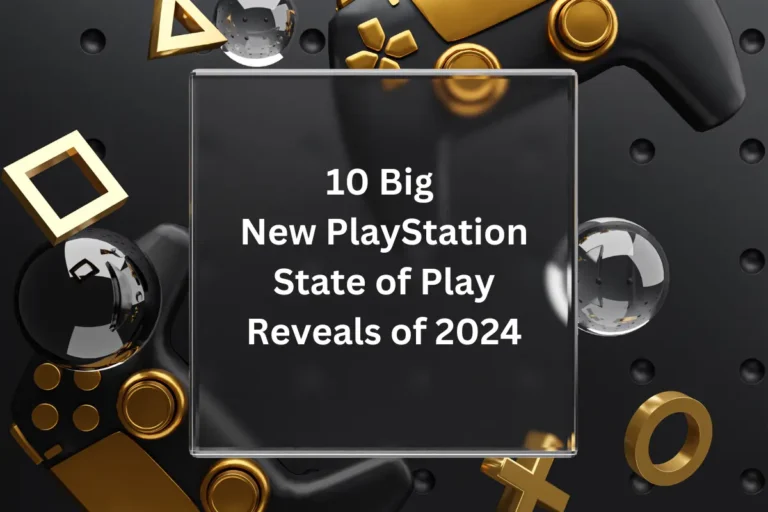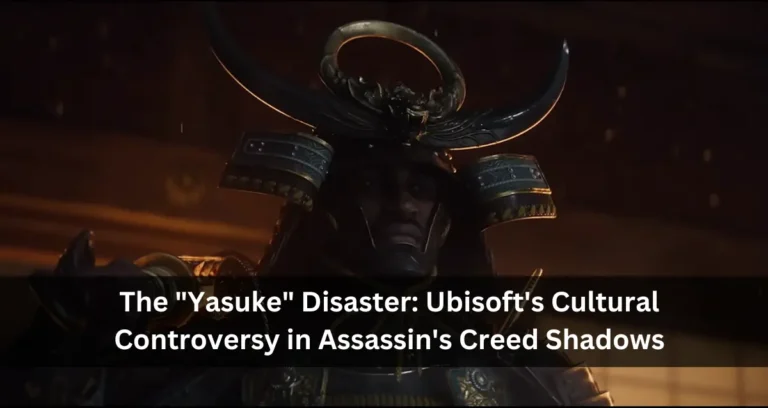Bethesda’s Starfield Struggles: Can the Studio Reclaim Its Legacy?
Bethesda Game Studios is one of those titans of RPG game development, but now the company found itself in a rather complicated and challenging place. As the studio was finally going to release Starfield-which was, after all, long-awaited as a sci-fi RPG-it wanted to make something that would evoke that same magic that had, without fail, embraced by previous blockbusters like The Elder Scrolls and Fallout. Reception for Starfield has not been stellar yet, and the release of its first major DLC, Shattered Space, only adds fuel to the fire of fan frustration. So, what is going on with Bethesda and why are fans dissatisfied?
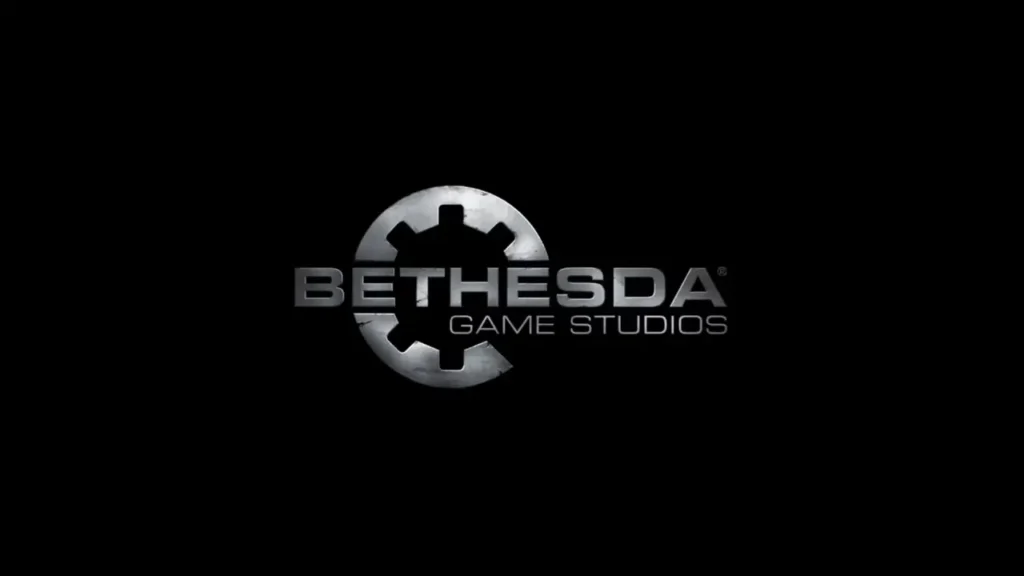
1. The Expectations for Starfield and Shattered Space
So when Starfield was announced, many seemed excited. Fans therefore waited for this next big hit from Bethesda a big, open-world sci-fi RPG that would set the stage for the genre. At launch, however, the final version of the game didn’t quite meet expectations. Starfield had many promising features, such as a vast universe and its very ambitious promise of space exploration, but the gameplay in real time was some sort of letdown.
The bugs, lackluster story, repetitive mission design, and the general feeling of playing something that was “more of the same” made for mixed reviews on platforms like Steam. And when Shattered Space—the first DLC for Starfield—dropped in September 2024, it really didn’t do much to change things. The DLC was viewed more as “more Starfield” and not exactly much improvement at all, and for many of the fans, that wasn’t enough.
This is where comparisons with Cyberpunk 2077’s Phantom Liberty DLC need to come into the picture. After the disastrous launching of Cyberpunk 2077, Phantom Liberty was the main part in rehabilitating the game’s reputation by adding enormous updates and new content that altogether greatly enhanced the player experience. Fans expected similar things to happen with Shattered Space and Starfield, but they were left with a DLC that didn’t tackle the core issues of the game.
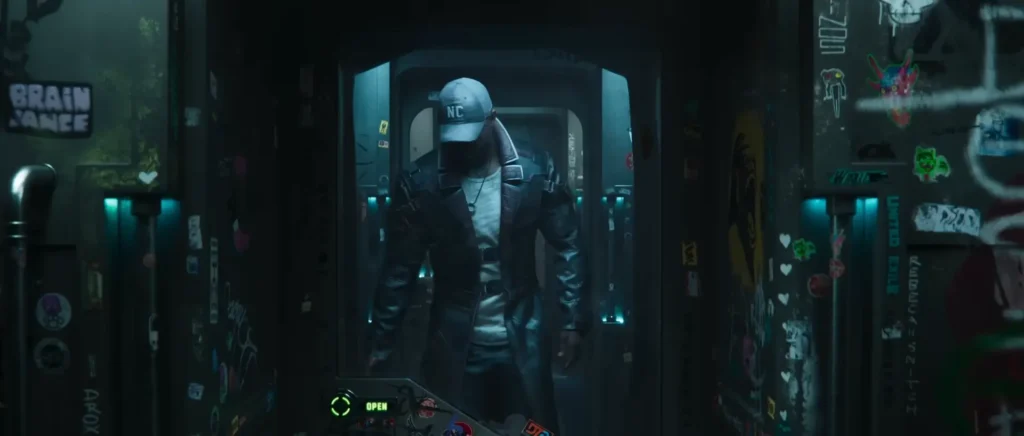
2. Emil Pagliarulo’s Response and Fan Frustration
The troubled child of Bethesda these days is Emil Pagliarulo-the, the design director and lead writer. On one hand, he had given an interview to GamesRadar in which he was speaking about Shattered Space, but fans felt that he still didn’t directly talk about the concerns of their Starfield game. Then came his Twitter thread, which was intended to clear some confusion, only fueled the already tense situation. Pagliarulo acknowledged that not all players would appreciate the DLC, but his defensive tone and lack of engagement with the core criticisms struck a nerve.
The heart of the matter, though, for fans, is that Bethesda either doesn’t know or doesn’t care to know, how to fix what’s broken about Starfield. On the outside, it would appear that Bethesda is sweeping issues under the rug to be dealing with anything from clunky space travel to shallow mission design and underdeveloped factions. Fans had been expecting Starfield 2.0 in Shattered Space DLC, only to get a relatively minor content addition without dealing with their broader grievances about the game.
3. A History of Flaws: Why Starfield Feels Different
Bethesda is known for its flawed but beloved game titles. Skyrim and Fallout, to name a few, were at their times peppered with bugs and design quirks that gamers were willing to endure given the robust experience, in terms of exploration and world-building. Their open worlds usually worked out so much better, inviting players to get lost in the many dynamic environments full of secrets.
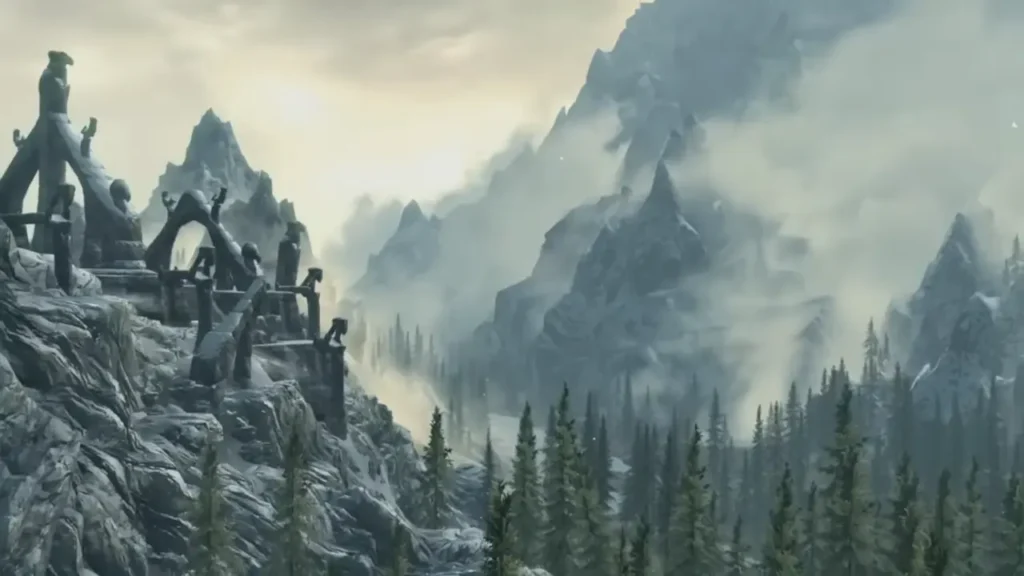
With Starfield, though, Bethesda almost feels like it’s missing pieces of what has come to define the brand. Exploration is hollow, and the core gameplay loop: the travel from one procedurally generated planet to another, lacks that depth fans have come to expect from Bethesda titles. Writing and mission design are simple, providing little in the way of player agency or meaningful choice either. This has given many the game the feeling of a series of disjointed tasks rather than an immersive RPG experience.
4. The Impact of Negative Reviews and Fan Disillusionment
While by no stretch of the imagination is Starfield a financial flop—far from it, as it was among the best-selling titles of 2023—that tells a different story when it comes to player engagement. Data from Steam shows that the number of players interacting with Starfield has plummeted. Meanwhile, older titles from Bethesda like Skyrim see a much larger player base, suggesting that Starfield hasn’t really captured the long-term interest that Bethesda games are known for.
The mixed reception for Shattered Space has driven the axe even deeper into the controversies with Bethesda and its fan base. In fact, the players feel that Bethesda has not moved in line with the industry – especially if another studio were more responsive to the common people who speak out about their games. After all, Cyberpunk 2077 managed to turn around its launch disaster by listening to its players and changing things so fundamentally for the better. So far, Bethesda has not shown the same level of interest in curing core problems within Starfield.
5. The Bigger Problem: Bethesda’s Out-of-Touch Image
Among the largest criticisms the studio currently faces is that the company appears to have lost touch with its fans. According to Bethesda’s executive producer, Todd Howard, the game Starfield was “too different” for some players, a comment which hints these controversies surrounding the game arose from playing without knowing what the game was supposed to be. That view, however, missed the mark. The problem with Starfield isn’t that it’s “too different”; it’s too much like Bethesda’s older games—except in this case, the flaws are more glaring and the strengths less apparent.
Many gamers feel that the house of Bethesda is now complacent, relying on the prestige it has earned rather than doing further challenges of the game design frontiers. Criticism has been compounded by the usual defense mechanisms of the company, often in the form of seemingly smug or condescending put-downs. The patches and updates are very welcome indeed but to little comfort those who might have wanted a better product from a studio in Bethesda’s league.
6. Is There Hope for Starfield’s Future?
Still, aside from this criticism, one must admit that Starfield is not a lost cause just yet. After all, Bethesda has a tendency to turn things around—Fallout 76 was a disaster at the start but improved dramatically after post-launch updates. Breathing new life into Starfield can be seen in the recent release of the Starfield creation kit, considering that modding communities have always played a crucial role in games developed by Bethesda.
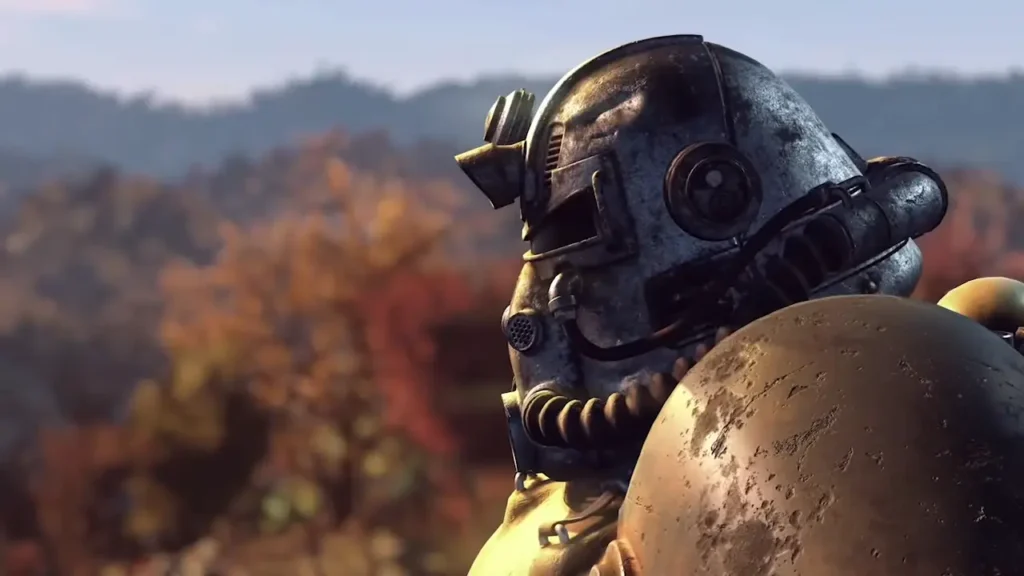
Things being as they are, the creation tools for Starfield certainly don’t promise to be anything like what fans envisioned – much less transformative modifications that could possibly fall into view in the near horizon. Making the most of such possibilities shall have to wait till the short term.
Bethesda still has time to fix Starfield, but that will have to come on the terms of taking fan feedback seriously and the time to generate substantial improvements. One lesson learned from Cyberpunk 2077 and No Man’s Sky is maybe a way the studio could redeem Starfield, but another misstep on behalf of Bethesda down that path of evasion and dismissal could lose their core audience forever. And that might catch up to them when Elder Scrolls VI drops.
Conclusion
Bethesda’s situation with Starfield is a cautionary tale of unmet expectations and missed opportunities. The game is not a failure in the traditional sense, but the disappointment surrounding it speaks to a deeper issue: Bethesda’s inability to evolve and address the criticisms that have plagued their games for years. Shattered Space was a critical moment for the studio—a chance to win back players and fix what was broken—but it fell short. Now, Bethesda faces an uphill battle to regain the trust of its fans and prove that they are still the industry leader they once were.
Whether Bethesda will seize this opportunity or continue to stumble remains to be seen, but one thing is clear: the studio can no longer afford to ignore the voices of its fans.

